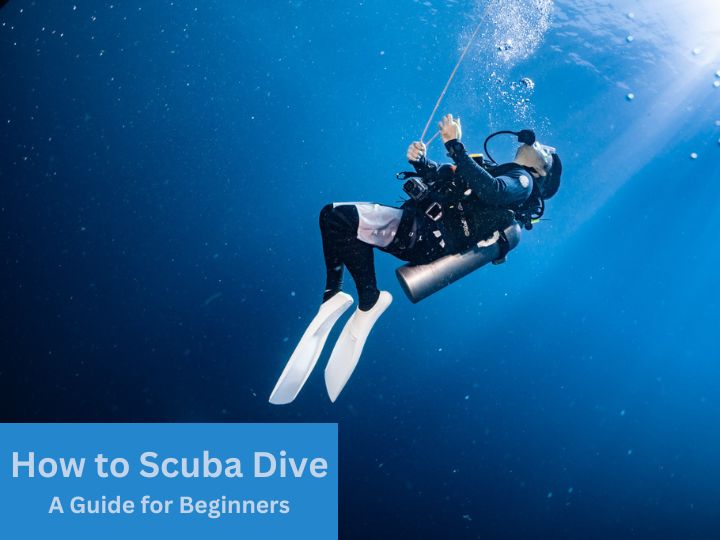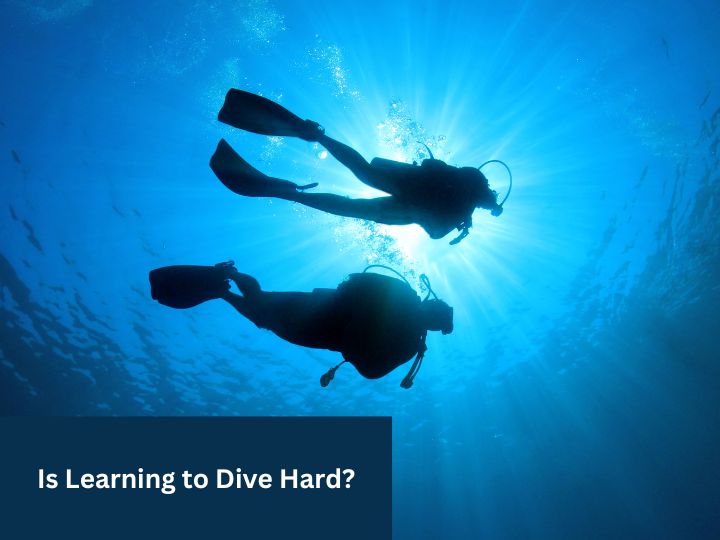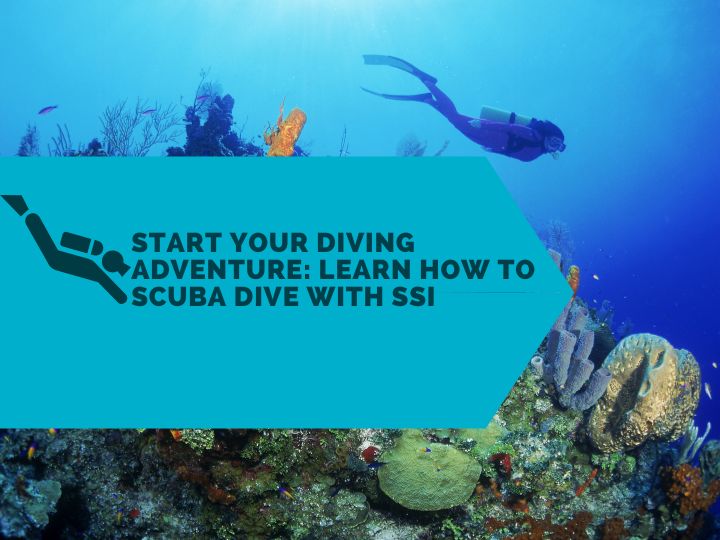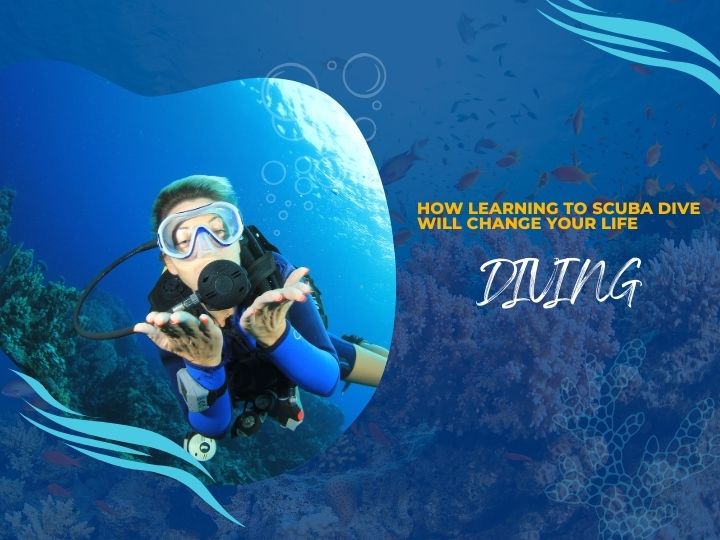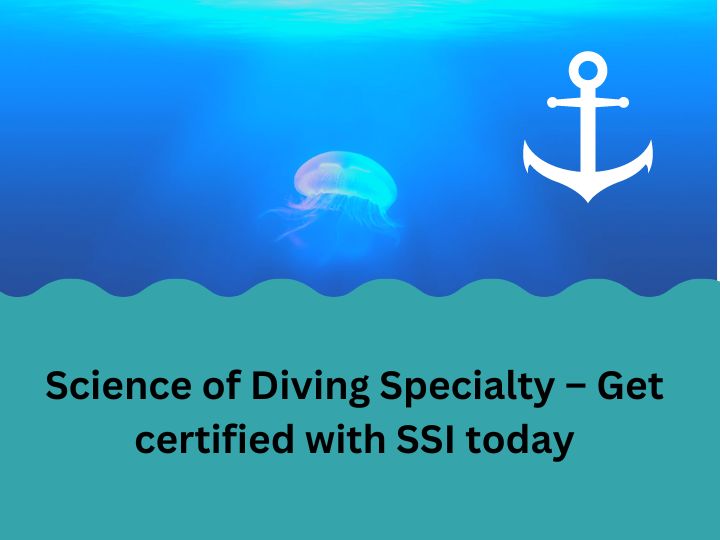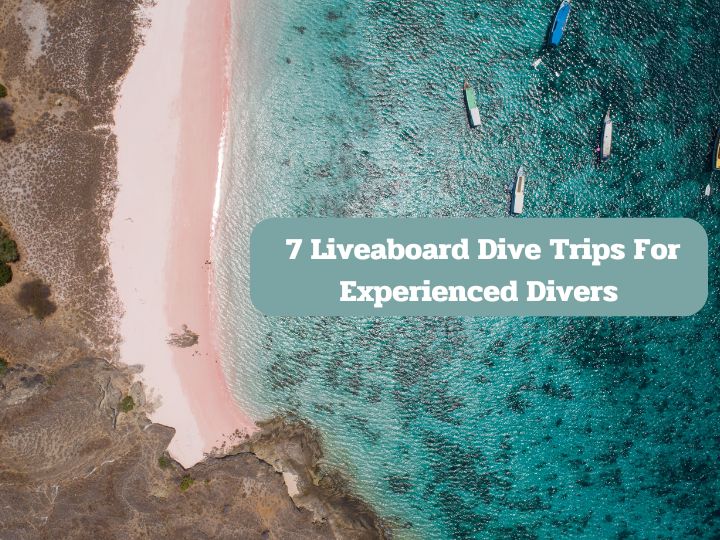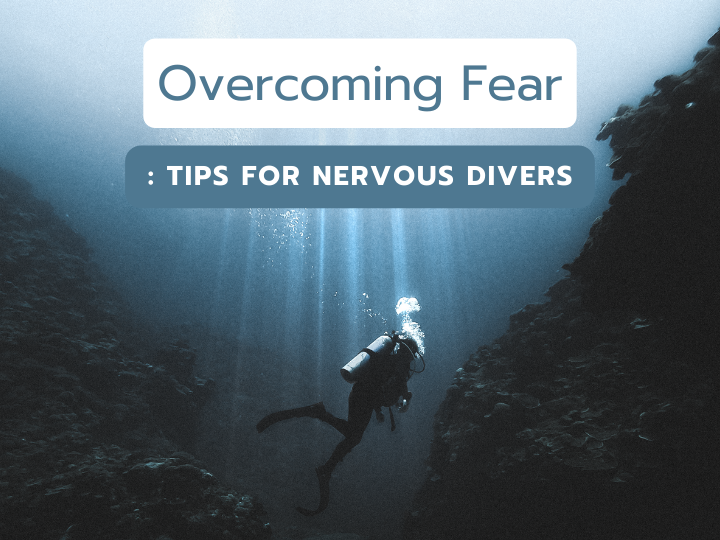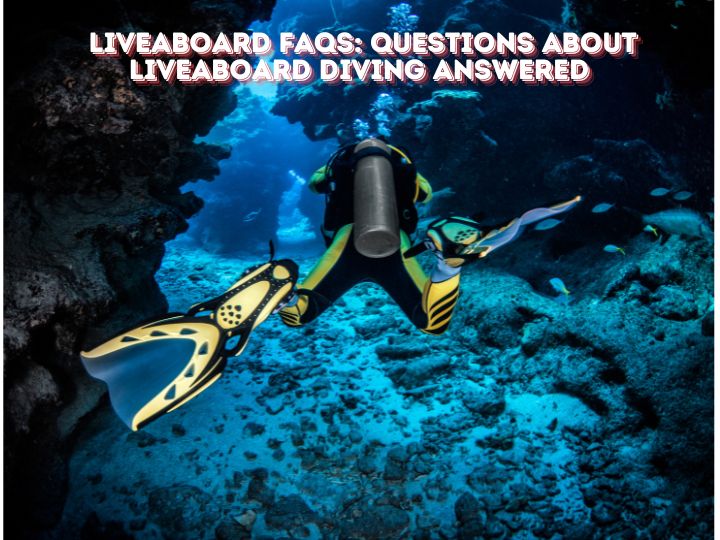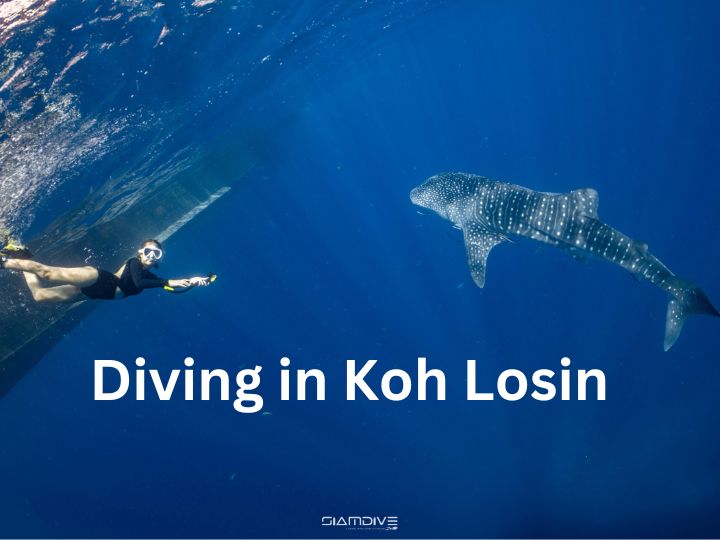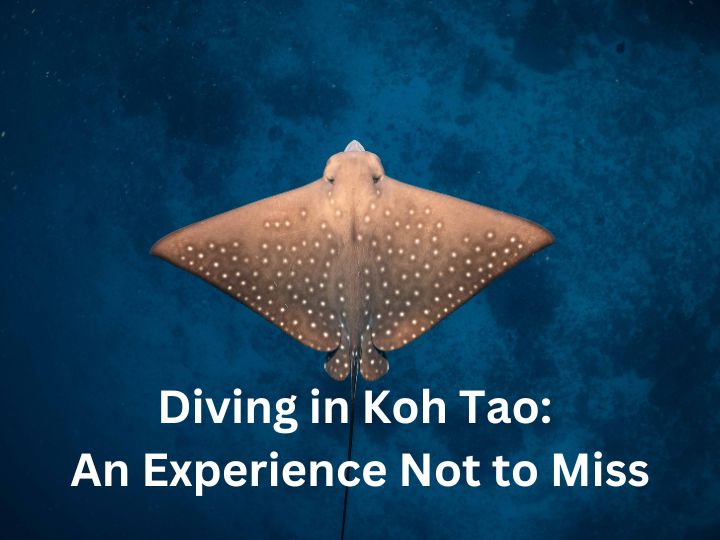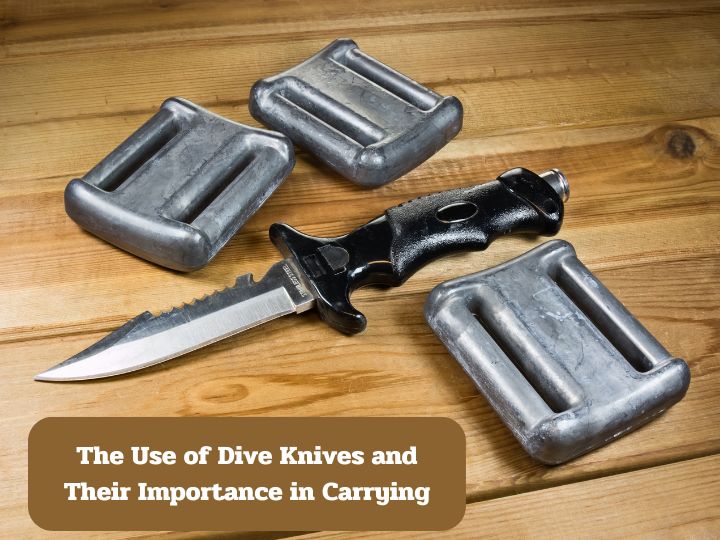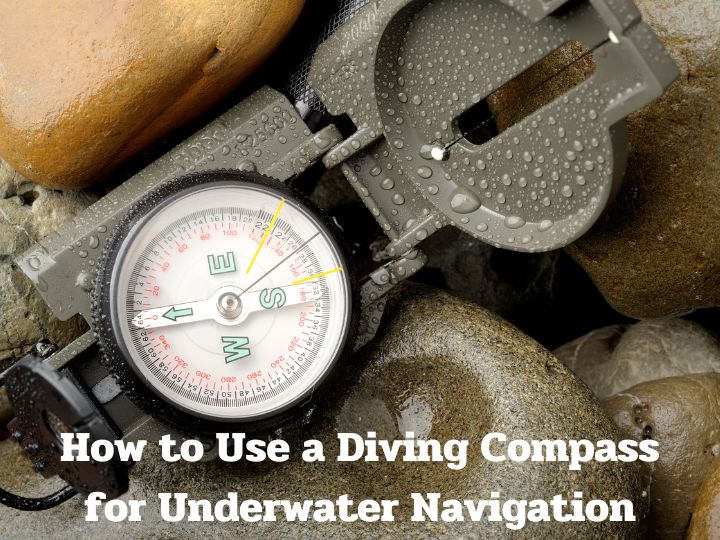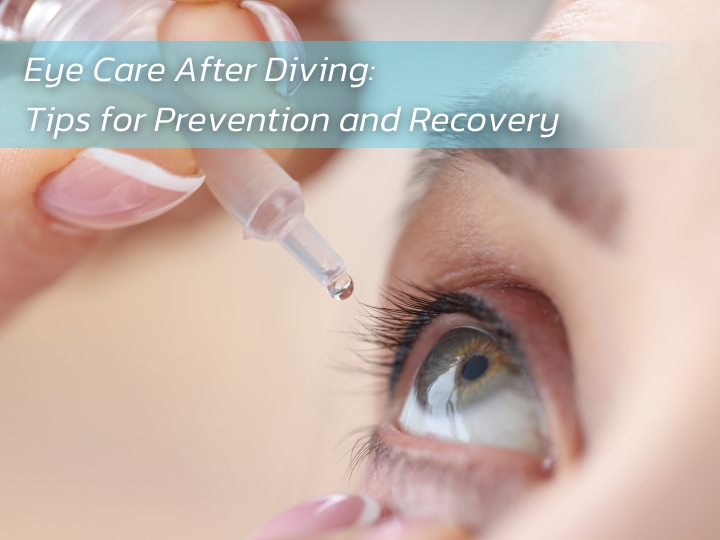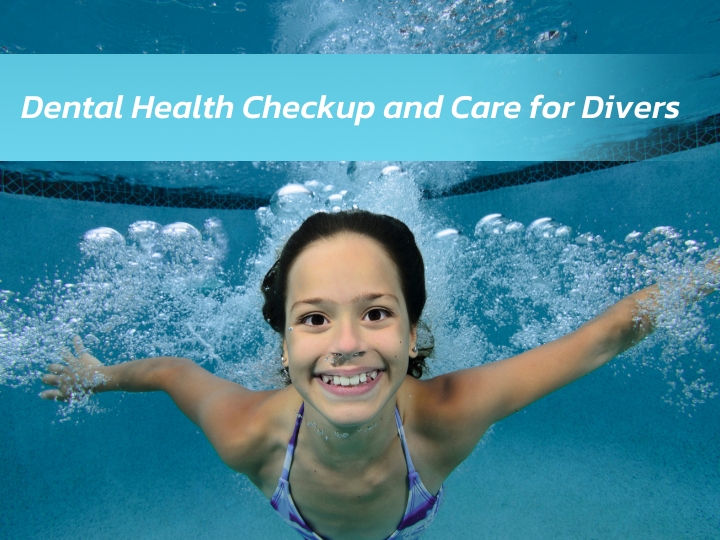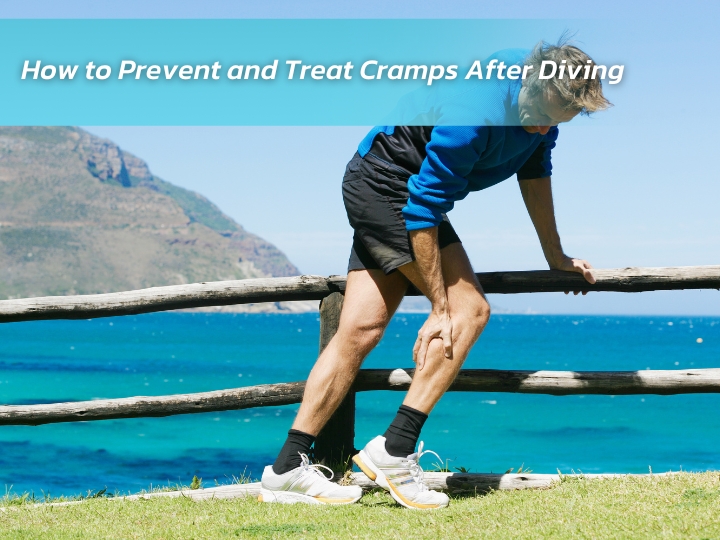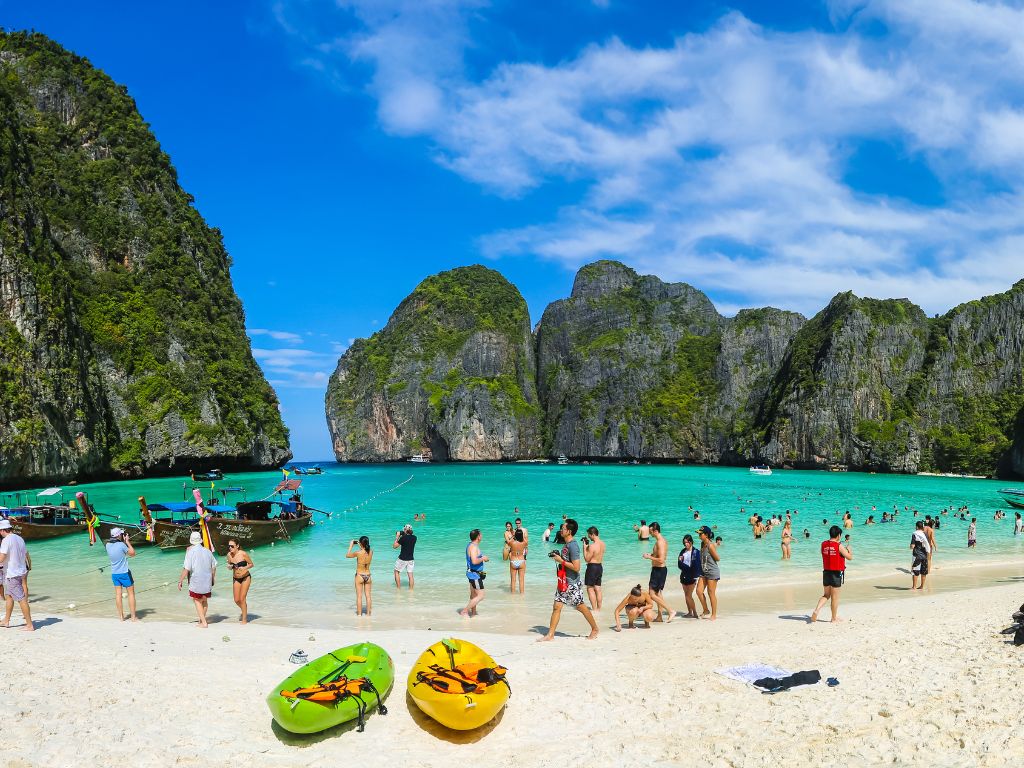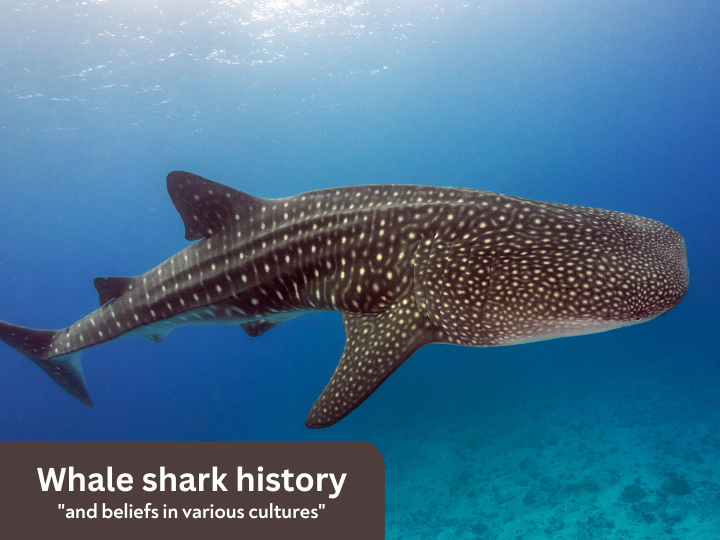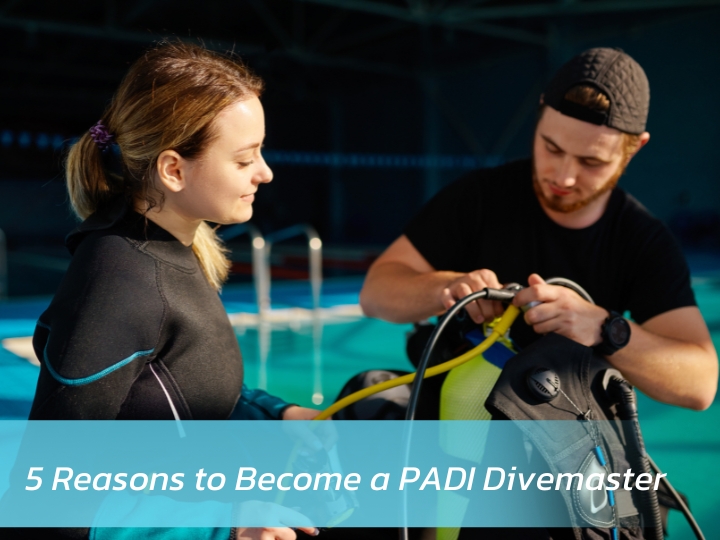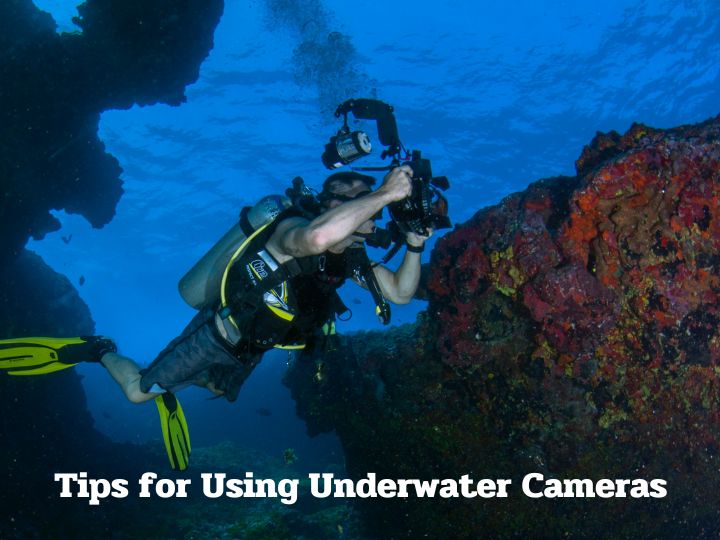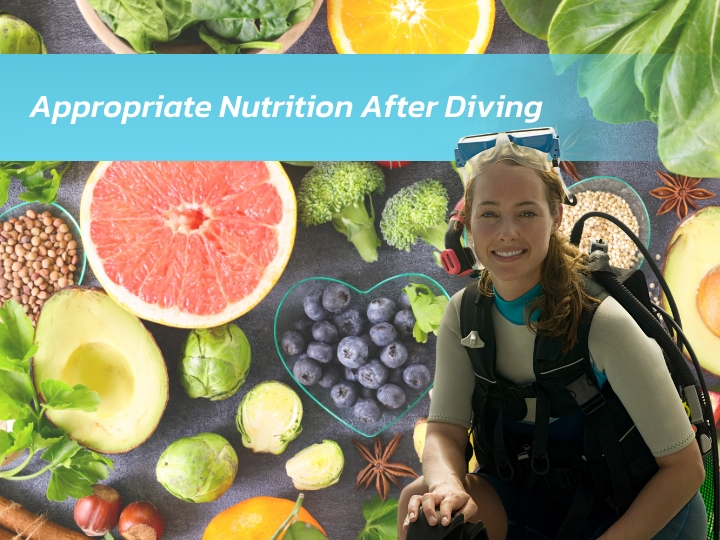
Appropriate Nutrition After Diving
Diving is an activity that requires energy and affects the body in various ways. Proper nutrition after diving is crucial for recovery and to help restore energy quickly. This article provides information on choosing the right foods to eat after diving.

Why is Post-Dive Nutrition Important?
Restoring Lost Energy
Diving consumes a lot of energy, so our bodies need to replenish it quickly. Consuming foods high in carbohydrates, such as rice, bread, or fruits, can help boost energy levels.
Muscle Recovery
Our muscles need protein to recover. Eating protein-rich foods like meat, fish, or beans helps muscles recover faster.
Maintaining Hydration Balance
After diving, the body often loses a lot of water. Drinking plenty of water and consuming water-rich foods like fresh fruits help maintain hydration balance.
Recommended Foods to Eat After Diving
Carbohydrates
Carbohydrates are the body's main source of energy. Foods high in carbohydrates, such as rice, pasta, and bread, should be part of your post-dive meal.
Proteins
Proteins are important for muscle recovery. Foods high in protein, such as chicken, pork, fish, and beans, should be part of your post-dive nutrition.
Vegetables and Fruits
Vegetables and fruits provide essential vitamins and minerals. Consuming a variety of vegetables and fruits ensures the body receives complete nutrition.
Water
Drinking water is crucial for recovery. Drinking adequate water after diving helps the body recover more quickly.

Recommended Post-Dive Meals
Rice with Grilled Chicken
Rice is a good source of carbohydrates, and grilled chicken provides protein for muscle recovery.
Pasta Bolognese
Pasta is a source of carbohydrates, and the beef in Bolognese sauce provides protein for muscle building.
Fresh Vegetable Salad with Salmon
Fresh vegetable salad offers vitamins and minerals, and salmon provides protein and omega-3 fatty acids, which are beneficial for health.
Vegetable Soup with Pork
Vegetable soup has a high water content, which helps maintain hydration, and pork provides protein for muscle recovery.
Fresh Fruit Smoothie
Fresh fruits are rich in vitamins and minerals, and smoothies help the body receive necessary water and nutrients.

What to Avoid After Diving
High-Fat Foods
High-fat foods require more energy to digest, which is not suitable for post-dive recovery.
High-Sugar Foods
High sugar levels can cause a rapid increase and subsequent drop in energy, which is not ideal for recovery after diving.
Alcoholic Beverages
Alcohol increases water loss in the body, which is not suitable for recovery after diving.
High-Caffeine Foods
Caffeine acts as a diuretic, causing the body to lose more water, which is not ideal for recovery.

Pre-Dive Nutrition
Balanced Breakfast
Eating a balanced breakfast, such as oatmeal with fresh fruit or yogurt, provides enough energy for diving.
Adequate Hydration
Drinking plenty of water before diving helps maintain hydration and reduces the risk of dehydration.
Avoid Hard-to-Digest Foods
Hard-to-digest foods, such as high-fat or spicy foods, may cause discomfort during diving.

Conclusion
Post-Dive Body Care
Taking care of your body after diving is crucial. Consuming nutritious foods, staying hydrated, and getting adequate rest help the body recover quickly and provide enough energy for future activities.
Additional Recovery Tips
Besides proper nutrition, engaging in light activities such as stretching or yoga can help relax and recover muscles faster.
Monitoring Health
Regular health check-ups and consultations with nutrition experts can provide you with suitable advice and help improve your dietary habits.
